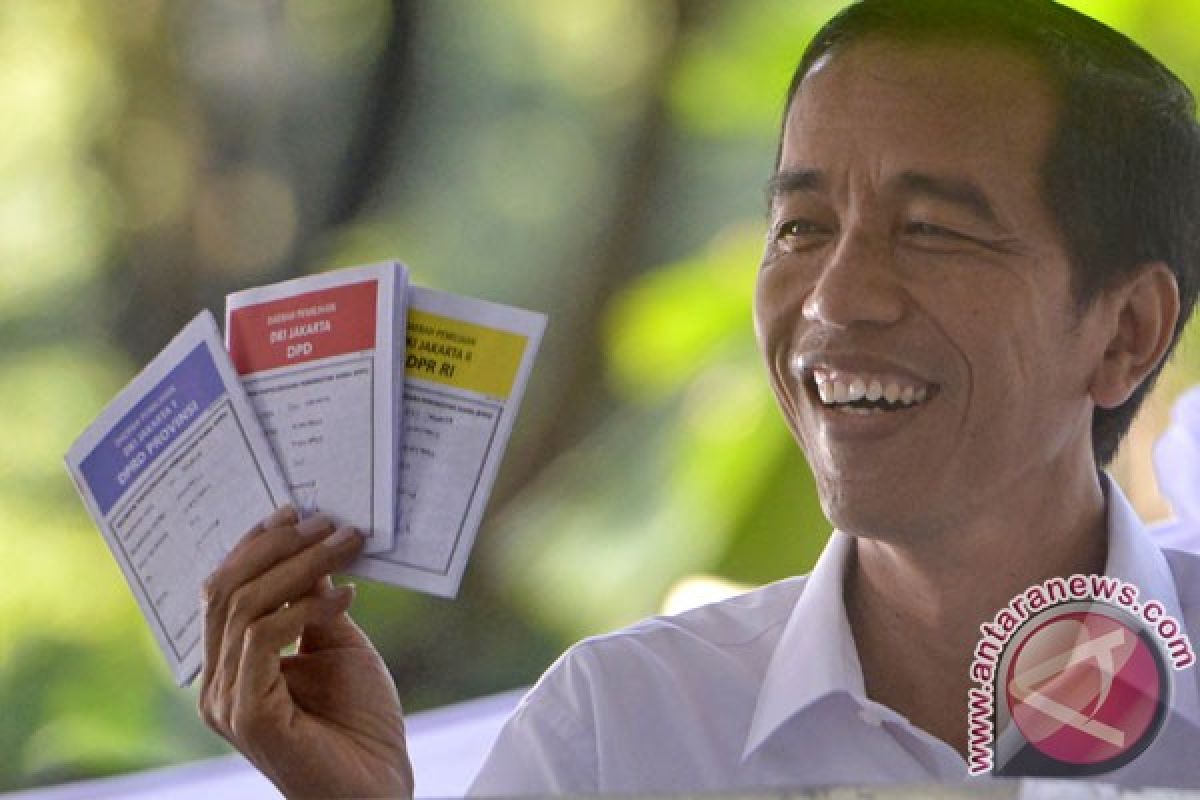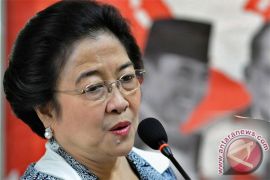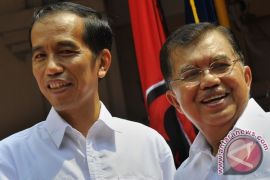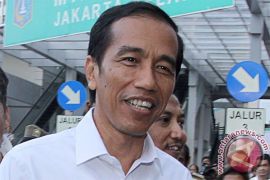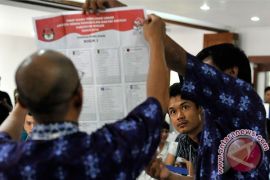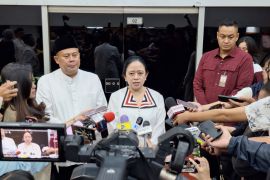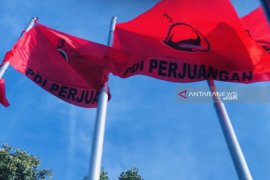As a result, socialization of Jokowi was not optimum."Jakarta (ANTARA News) - The opposition Indonesian Democratic Party of Struggle (PDIP) had failed to fully exploit the electability of its presidential candidate Joko Widodo, or Jokowi as he is better known, political observers said.
The "Jokowi effect" has little contribution to the victory of PDIP in the legislative election on Wednesday on lack of accentuation of the popularity of the Jakarta governor, Ari Junaedi of the University of Indonesia said.
"PDIPs should advertized more on the presidential candidate instead of the party chairwoman," Ari Junaedi said here on Thursday.
PDIP led with 19.2 percent of the votes, followed by Golkar garnering 14.9 percent and Gerindra 12 percent of the votes with the ruling Democratic Party lagging behind with less than 10 percent.
Days before the election, many survey agencies predicted PDIP would be victorious with a much wider margin after naming Jokowi as its presidential candidate.
Ari said PDIP should advertise Jokowi more intensively ahead of the presidential election in July this year.
Just like in film industry accentuation is more on the main actor rather than in the play director, he said.
Executive Director of survey firm Charta Politika, Yunarto Wijaya, said the Jokowi effect did contribute to the victory of PDIP, but PDIP could have performed better if it had effectively utilized the popularity of Jokowi.
Yunarto noted that political campaigns by PDIP had been split into two focuses -- Jokowi as the presidential candidate and the political concept of building up "Indonesia Hebat" (terrific).
"As a result, socialization of Jokowi was not optimum," he said.
Despite being in front, with votes garnered less than the minimum level of 20 percent, PDIP has to form a coalition to be able to present a presidential candidate.
(Uu.H-ASG/O001)
Editor: Priyambodo RH
Copyright © ANTARA 2014
